How to Start .Net Programming Language from Scratch
What is .NET?
Created by Microsoft, .NET (pronounced “dot net”), is a platform of collected technologies for building apps on Windows, Linux, macOS, iOS, Android, and other operating systems.
When you are building applications with .NET, you will need to use C#, C++/CLI (a version of C++), Cobol, F#, or Visual Basic. C#, a programming language created by Microsoft, is a great beginning language to learn. Learning both C# and .NET is a great idea if you are transitioning into a tech career.
What Is .NET Used for?
.NET has many features. With .NET, you can:
· Build web and desktop apps and games.
· Cloud services.
· Machine Learning.
Learning .NET
Learning .NET is a great idea if you want to build software. .NET is a popular platform. .NET came in second in the category Other Frameworks, Libraries and Tools. Moreover, .NET Core came in third.
How Long Does It Take to learn .NET?
If you already know one of the languages compatible with .NET—such as C#, F#, or Visual Basic—it will take you two to three months to learn to use this platform professionally. If you don’t know any of these languages, you will need to learn one first. C# is a great language to learn for web development.
You should also know how to use Visual Studio, which is the IDE (Integrated Development Environment) that you will use to build projects with .NET.
How to Learn .NET: Step-by-Step?
1. Learn C# or another language compatible with .NET.
2. Decide which specific .NET technology you want to learn first.
3. Download the Community version of Visual Studio Code.
4. Download the version of .NET you want.
5. Experiment with .NET tutorials.
6. Learn more with a course or book.
Resources for learning .NET

If you search on internet, a lot of resources would show up – including official documentation and some blogs providing information about their experiments and opinions.
Below are some resources than you can use for learning C# and .NET:
· YouTube Channels
o Code With Harry
· Channel 9
· Plural Sight
o C# Path
· GitHub Repositories –
How to become a .NET developer?
Previously, a .NET developer was responsible for designing, developing and tailoring software applications on the Microsoft Windows platform. But with the introduction of ASP.NET, NET developers can create applications that run on other platforms too, like Mac OS and Linux.
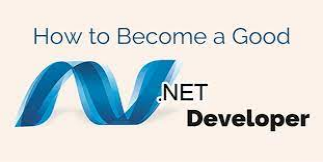
The steps to becoming a .NET developer include:
1. Gain fundamental knowledge of the basic tools and features
2. Learn Basics of programming languages like HTML, CSS, JavaScript and DBMS
3. Learn the programming language C#
4. Choose a specialisation that aligns with your interests.
What are the skills needed to become a .NET developer?
.NET developers need to be adept at technical skills as well as soft skills.
The technical skills that are needed include:
ASP.NET

ASP.NET is a versatile technology because of its popularity as a framework. Since you might build modern web applications as a .NET developer, learning ASP.NET ensures that you can control all the aspects of any application that you build.
Fundamentals of coding
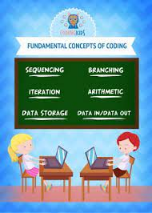
As a developer, you are responsible for writing the code for your applications, identifying errors in your code and continuously improving existing code. For this, the fundamental knowledge of basic programming languages is crucial.
Client-side technology
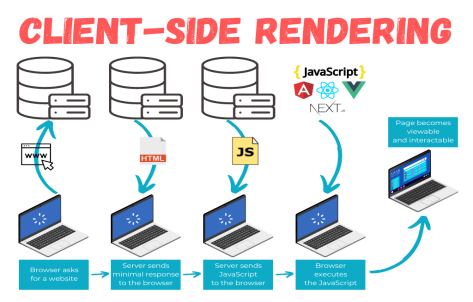
Recruiters prefer .NET developers who are well versed in client-side technologies and front-end technologies. It is because the front-end or the client-side interacts with the end-users and handles the user experience of using an application.
Database management
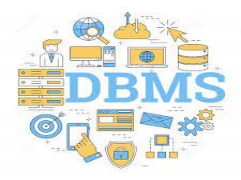
Since developers have to deal with a lot of data regularly while building applications, .NET developers must be familiar with handling, storing and managing databases.
Communication

Like any other job, you must have good communication skills since you are required to work in a team and need to collaborate with professionals from other domains. As you gain experience, you may be required to train your juniors. Having good communication skills ensures that you can explain technical concepts easily to someone with lesser technical knowledge. Communication skills are useful when you interact with stakeholders and explain project details.
Problem-solving
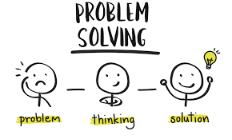
There would be times when your code does not display the results you were aiming for due to syntax errors, logical errors, compilation errors and other encountered errors.
Time management

When you are working as a .NET developer, there are deadlines for each project and you may even be given multiple projects at a time. Time-management skills ensure that you organise your tasks, prioritise them and deliver your projects on time.
Teamwork and collaboration

In most organisations, you might probably work with a team of other developers and IT professionals. Along with communication skills, collaboration skills, make sure that you coordinate with other team members, delegate tasks, follow up on the status of projects and work together to meet deadlines. When you become a team leader, having these skills ensures you can lead your team well and deliver your best.
Customer service
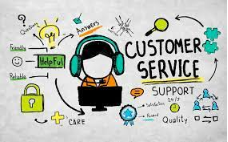
Often, software developers are required to discuss projects with their clients. Having customer service skills might help you navigate any discussion that you may have instead of always staying at the back-end of projects.
Financial management

An important skill to have as a .NET developer is financial management. Once a client awards you a project, they may also give you a budget to follow.
Soft Skills
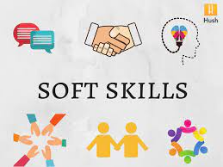
Soft skills are personality traits and behaviours. Unlike technical or ‘hard’ skills, soft skills are not about the knowledge you possess but the behaviours you display in different situations.
There are many soft skills that you could list on your resume or cover letter. Some of the most sought after ones include:
1. Effective communication skills
2. Teamwork
3. Dependability
4. Adaptability
5. Conflict resolution
6. Flexibility
7. Leadership
8. Problem-solving
9. Research
10. Creativity
11. Work ethic
12. Integrity
Is .NET a good career?

.NET developers are one of the most sought-after software professionals because of their versatile skill set. As most businesses are going online, there is a high demand for skilled professionals who can build software applications. But there is strong competition in this field as there are developers with extensive experience and there are fresher’s.
If you are proficient at ASP.NET, your career options are vast because ASP.NET is a popular framework and is used to create web applications, dynamic content-driven websites, social media networking platforms, business websites, ecommerce stores and web services. Many large businesses are built completely using the .NET technology.

Starting your journey in .NET programming from scratch may seem daunting, but by following a structured approach, you can gradually build your skills from basic to advanced levels. Begin with understanding programming fundamentals, delve into the .NET framework, choose your primary language, and progressively explore different aspects such as console applications, GUI development, database connectivity, web development, and advanced topics. Continuous learning and hands-on practice are key to mastering .NET and becoming proficient in building a wide range of applications.

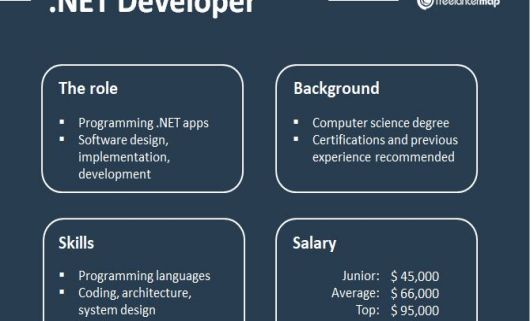
Leave a Reply
Want to join the discussion?Feel free to contribute!